You just had a successful teeth whitening treatment, and now you’re wondering how to keep your pearly whites looking their best. Don’t worry, we’ve got you covered! In this article, we’ll share some simple yet effective tips on how to maintain your white teeth after treatment. From proper oral hygiene practices to lifestyle modifications, we’ll help you keep your smile dazzling and bright. So say goodbye to stains and hello to a lifetime of radiant, white teeth. Let’s dive in!
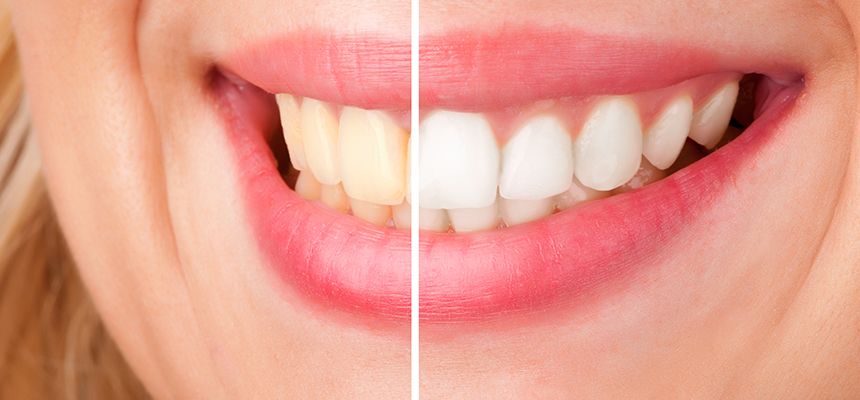
This image is property of yardleydentalarts.com.
Regular Brushing
Choose the Right Toothbrush
When it comes to maintaining your white teeth, regular brushing is crucial. One of the first steps you should take is choosing the right toothbrush. Opt for a toothbrush with soft bristles to avoid causing any damage to your enamel. A brush with a small head will also allow you to reach those hard-to-reach areas, ensuring that every tooth gets the attention it needs.
Use the Correct Brushing Technique
The technique you use when brushing plays a significant role in maintaining your white teeth. Hold your toothbrush at a 45-degree angle to your gums and use short, gentle strokes. Be sure to brush the front, back, and chewing surfaces of your teeth. Don’t forget to spend some extra time on those hard-to-reach areas, including the back of your molars.
Brush at Least Twice a Day
Brushing your teeth at least twice a day is an essential part of your oral hygiene routine. Set aside a few minutes in the morning and before bedtime to thoroughly brush your teeth. This regularity will help prevent the buildup of plaque and prevent stains from setting in. Remember, consistency is key when it comes to maintaining your white teeth.
Flossing and Mouthwash
Make Flossing a Daily Habit
In addition to regular brushing, incorporating flossing into your daily routine is crucial for maintaining your white teeth. Flossing removes plaque and food particles from between your teeth and along the gumline, areas that a toothbrush may not reach. By flossing daily, you can prevent the accumulation of stains and keep your teeth looking bright.
Use Mouthwash Regularly
Using a mouthwash as part of your oral hygiene routine can also contribute to maintaining your white teeth. Mouthwash helps to kill bacteria in your mouth, freshen your breath, and improve overall oral health. Look for a mouthwash that is specifically formulated to whiten teeth for an added boost in maintaining that bright smile.
Consider Water Flossing
If traditional flossing is not your preference, consider adding water flossing to your routine. Water flossing uses a stream of water to remove plaque and debris from between your teeth. This alternative to traditional flossing can be just as effective and may be more appealing to those who struggle with conventional flossing techniques.
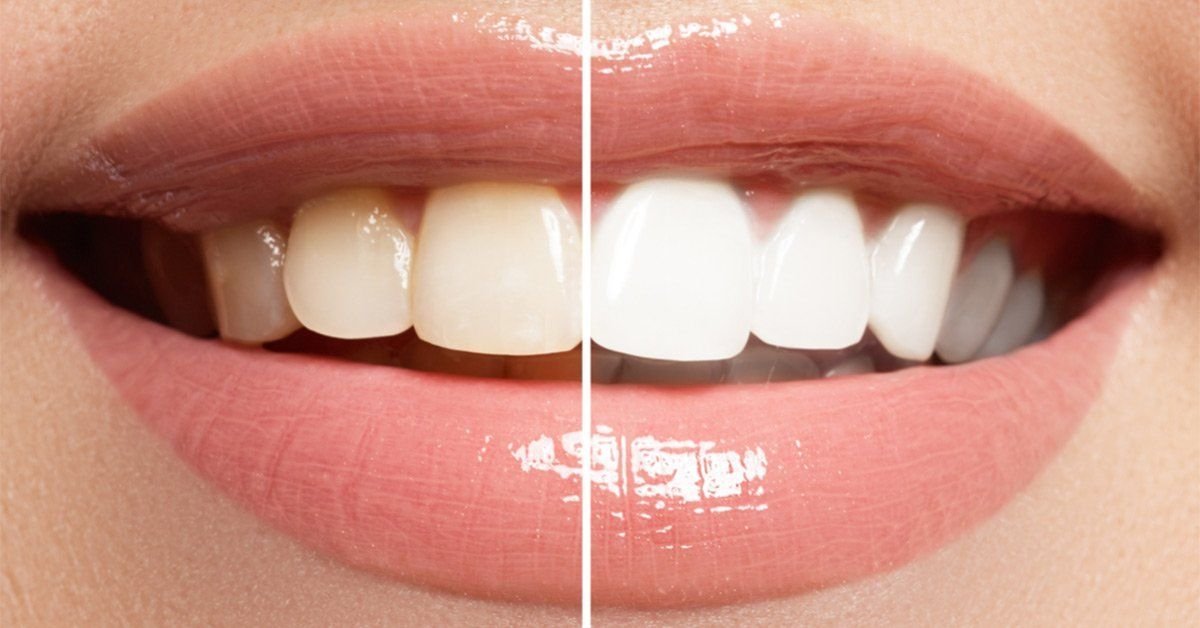
This image is property of lirp.cdn-website.com.
Avoid Staining Foods and Drinks
Limit Intake of Coffee and Tea
Coffee and tea are known culprits when it comes to staining teeth. While you don’t have to completely eliminate them from your diet, it’s important to limit your intake to minimize the potential for discoloration. Consider enjoying a cup of coffee or tea through a straw to reduce direct contact with your teeth.
Avoid Colored Foods and Sauces
Various foods and sauces, such as berries, tomato sauce, and soy sauce, can also contribute to staining your teeth. While these foods can be delicious and nutritious, it’s a good idea to enjoy them in moderation or be mindful of brushing your teeth shortly after consuming them. This will help prevent any lasting stains on your teeth.
Use a Straw for Beverages
Using a straw for certain beverages is an effective way to minimize direct contact with your teeth, reducing the chances of staining. When drinking beverages like soda, juice, or even dark-colored smoothies, opting for a straw can help protect your teeth from potential discoloration. Remember to sip through the straw rather than swishing the liquid around your mouth.
Quit Smoking
Understand the Effects of Smoking on Teeth
Smoking not only affects your overall health, but it can also have a significant impact on the color and health of your teeth. The chemicals in tobacco products can stain your teeth and contribute to gum disease and tooth loss. Understanding the detrimental effects of smoking on your teeth can serve as a motivation to quit and maintain that bright smile.
Seek Smoking Cessation Support
Quitting smoking can be challenging, but there are various resources available to help you on your journey. Consider seeking support from healthcare professionals, such as your dentist or doctor, who can provide guidance and recommend suitable smoking cessation methods. Remember, quitting smoking will not only benefit your oral health but also your overall well-being.
Avoid Secondhand Smoke
Even if you’re not a smoker yourself, exposure to secondhand smoke can still harm your teeth. Chemicals in tobacco smoke can discolor your teeth and contribute to oral health issues. Minimize your exposure to secondhand smoke by avoiding areas where smoking is allowed, choosing smoke-free environments, and encouraging loved ones to quit smoking for the benefit of their oral health too.
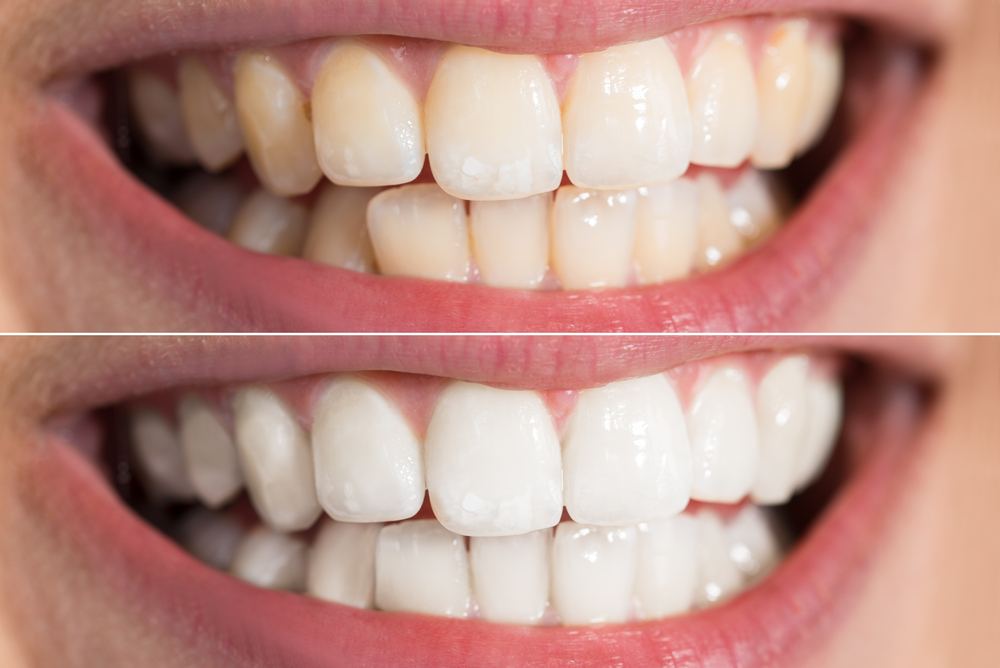
This image is property of images.squarespace-cdn.com.
Limit Acidic Foods and Drinks
Avoid Citrus Fruits and Juices
While citrus fruits can be a healthy addition to your diet, they are highly acidic and can erode your tooth enamel over time. To maintain your white teeth, it’s essential to limit your consumption of citrus fruits and juices. If you do indulge in these acidic treats, be sure to rinse your mouth with water afterward to neutralize the acids and protect your enamel.
Limit Consuming Carbonated Drinks
Carbonated drinks like soda and carbonated water are not only high in sugar but also acidic. These beverages can weaken your enamel and make your teeth more susceptible to staining. Limit your consumption of carbonated drinks and opt for water or other tooth-friendly alternatives whenever possible.
Rinse with Water After Eating Acidic Foods
If you do consume acidic foods or drinks, it’s a good idea to follow up with a thorough rinse with water. Swishing and rinsing your mouth with water helps wash away any remaining acids, reducing the potential for enamel erosion and staining. Remember to wait at least 30 minutes before brushing your teeth after consuming acidic foods to allow your mouth to neutralize the acids.
Visit Your Dentist Regularly
Schedule Regular Dental Check-ups
Regular dental check-ups are essential for maintaining your white teeth and overall oral health. Your dentist can identify any potential issues early on and provide appropriate treatment to prevent further damage. Schedule check-ups every six months or as recommended by your dentist to ensure that your teeth remain healthy and bright.
Consider Professional Teeth Cleaning
In addition to regular check-ups, professional teeth cleaning is a great way to keep your teeth looking their best. Dental hygienists use special tools to remove plaque, tartar, and surface stains that regular brushing and flossing may not be able to reach. This thorough cleaning can help maintain the whiteness of your teeth and give you a fresh start in your oral care routine.
Discuss Teeth Whitening Options
If you’re looking for an extra boost in maintaining your white teeth, consult your dentist about teeth whitening options. Your dentist can recommend professional teeth whitening treatments that are safe and effective. They can also provide guidance on over-the-counter whitening products or in-office treatments that may be suitable for your specific needs and preferences.
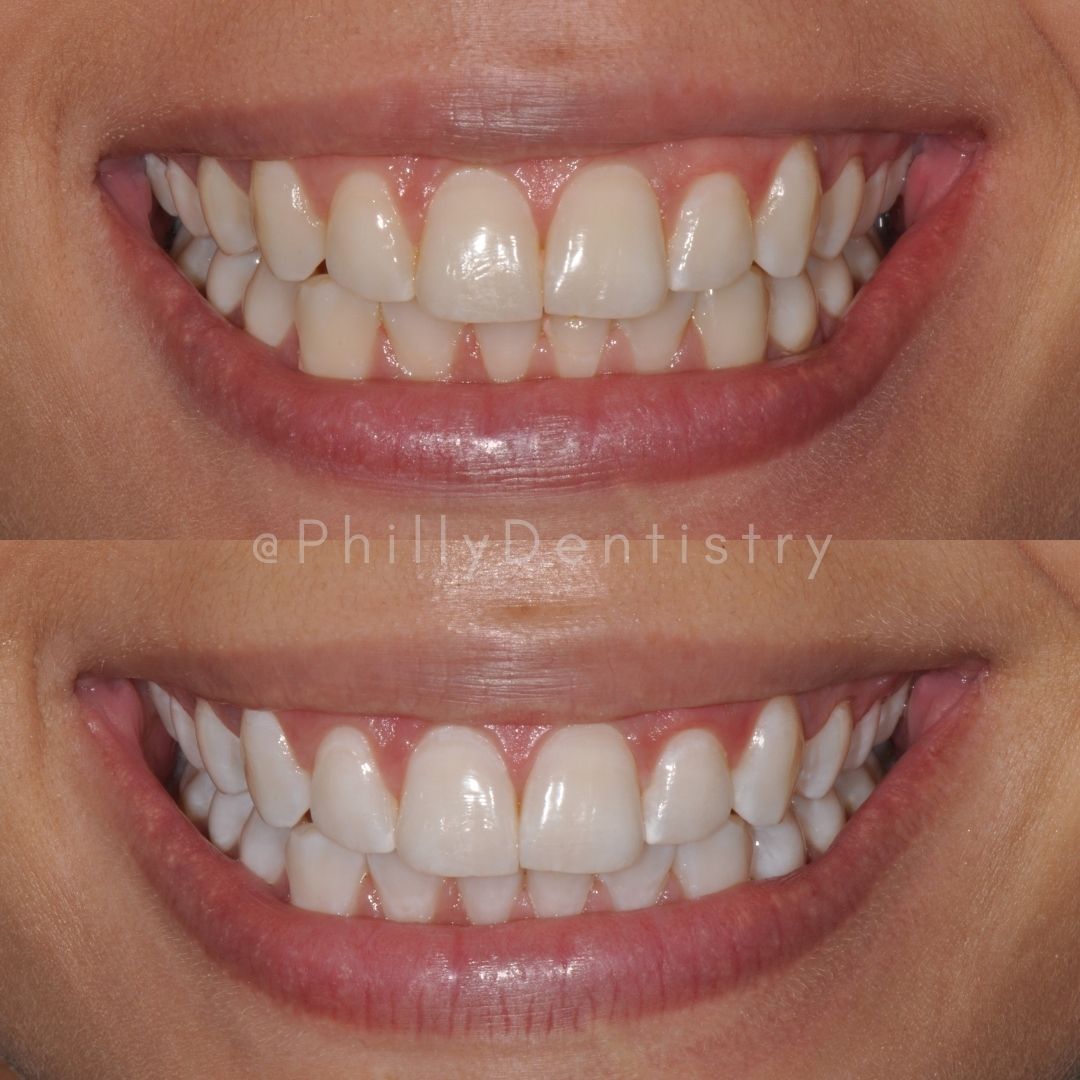
This image is property of www.phillydentistry.com.
Use Whitening Toothpaste
Choose a Whitening Toothpaste
To maintain your white teeth, consider incorporating a whitening toothpaste into your oral hygiene routine. Whitening toothpaste contains mild abrasives and chemical agents that help remove surface stains and brighten your teeth. Look for toothpaste with the American Dental Association (ADA) seal of approval to ensure its safety and effectiveness.
Use the Toothpaste as Directed
Using a whitening toothpaste alone won’t magically transform your teeth, but using it consistently and as directed can contribute to maintaining their whiteness. Follow the instructions on the toothpaste packaging, ensuring that you brush your teeth for the recommended amount of time. Remember, consistency and proper technique are key to reaping the benefits of whitening toothpaste.
Consider Sensitive Teeth Formulas
If you have sensitive teeth, it’s essential to choose a whitening toothpaste formulated for sensitive teeth. These toothpastes contain ingredients that help alleviate sensitivity while still providing the benefits of whitening. By opting for a sensitive teeth formula, you can maintain your white teeth without sacrificing your comfort.
Maintain a Balanced Diet
Eat Nutrient-rich Foods
Maintaining a balanced diet not only benefits your overall health but also plays a role in keeping your teeth white. Include nutrient-rich foods in your diet, such as fruits, vegetables, lean proteins, and whole grains. These foods provide essential vitamins and minerals that help support healthy teeth and gums, contributing to the overall brightness of your smile.
Consume Dairy Products
Dairy products like milk, cheese, and yogurt are not only tasty but also good for your teeth. They contain calcium and phosphates, which strengthen the enamel and help prevent tooth decay. Including dairy products in your diet can contribute to the maintenance of your white teeth and overall oral health.
Avoid Excessive Sugar Intake
Excessive sugar consumption can lead to tooth decay and discoloration. Limit your intake of sugary foods and drinks, and opt for healthier alternatives whenever possible. If you do consume sugary treats, be sure to brush your teeth afterward or rinse your mouth with water to minimize the potential damage to your teeth.
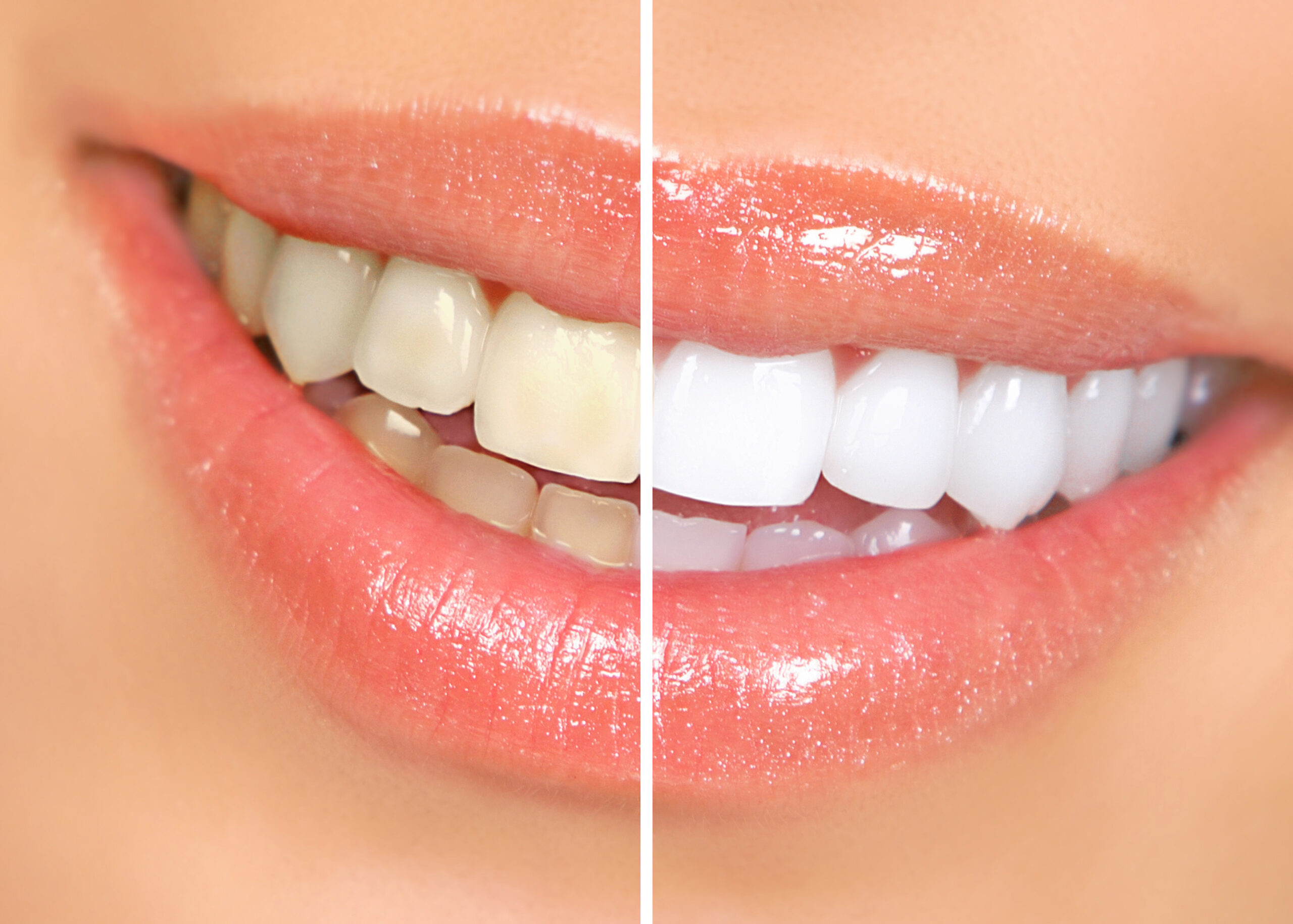
This image is property of www.fisherdds.com.
Drink Plenty of Water
Stay Hydrated
Drinking plenty of water throughout the day is not only essential for your overall health but also for maintaining your white teeth. Water helps keep your mouth hydrated and promotes saliva production, which plays a crucial role in washing away food particles and neutralizing acids. Stay hydrated by sipping water throughout the day and especially after meals.
Rinse Your Mouth After Meals
After enjoying a meal or snack, rinsing your mouth with water can help remove any food particles and debris that may be lingering on your teeth. By rinsing your mouth regularly, you can prevent the buildup of stains and maintain the whiteness of your teeth. Make it a habit to rinse your mouth after every meal and snack to keep your smile bright.
Use Water to Brush Your Teeth
Using water to brush your teeth is an effective way to maintain their whiteness. Instead of using toothpaste alone, wet your toothbrush with water and brush your teeth as usual. This method still helps remove plaque and debris while minimizing the potential for staining. You can also consider using water with your whitening toothpaste for an added boost.
Practice Good Oral Hygiene Habits
Replace Your Toothbrush Regularly
Regularly replacing your toothbrush is an important aspect of maintaining good oral hygiene. Over time, toothbrush bristles become worn and less effective at cleaning your teeth thoroughly. Replace your toothbrush every three to four months or sooner if the bristles become frayed. This ensures that you’re using an effective tool to maintain your white teeth.
Clean Your Tongue
Cleaning your tongue is an often-overlooked step in maintaining good oral hygiene. Bacteria can accumulate on your tongue and contribute to bad breath and tooth discoloration. Use a tongue scraper or your toothbrush to gently clean your tongue every time you brush your teeth. This simple practice can make a noticeable difference in maintaining the brightness of your smile.
Avoid Grinding or Clenching
Grinding or clenching your teeth, usually during sleep, can lead to enamel erosion and tooth discoloration over time. If you suspect that you grind or clench your teeth, consult your dentist who may recommend a mouthguard to protect your teeth. Avoiding these habits can help maintain the whiteness of your teeth and prevent unnecessary damage.